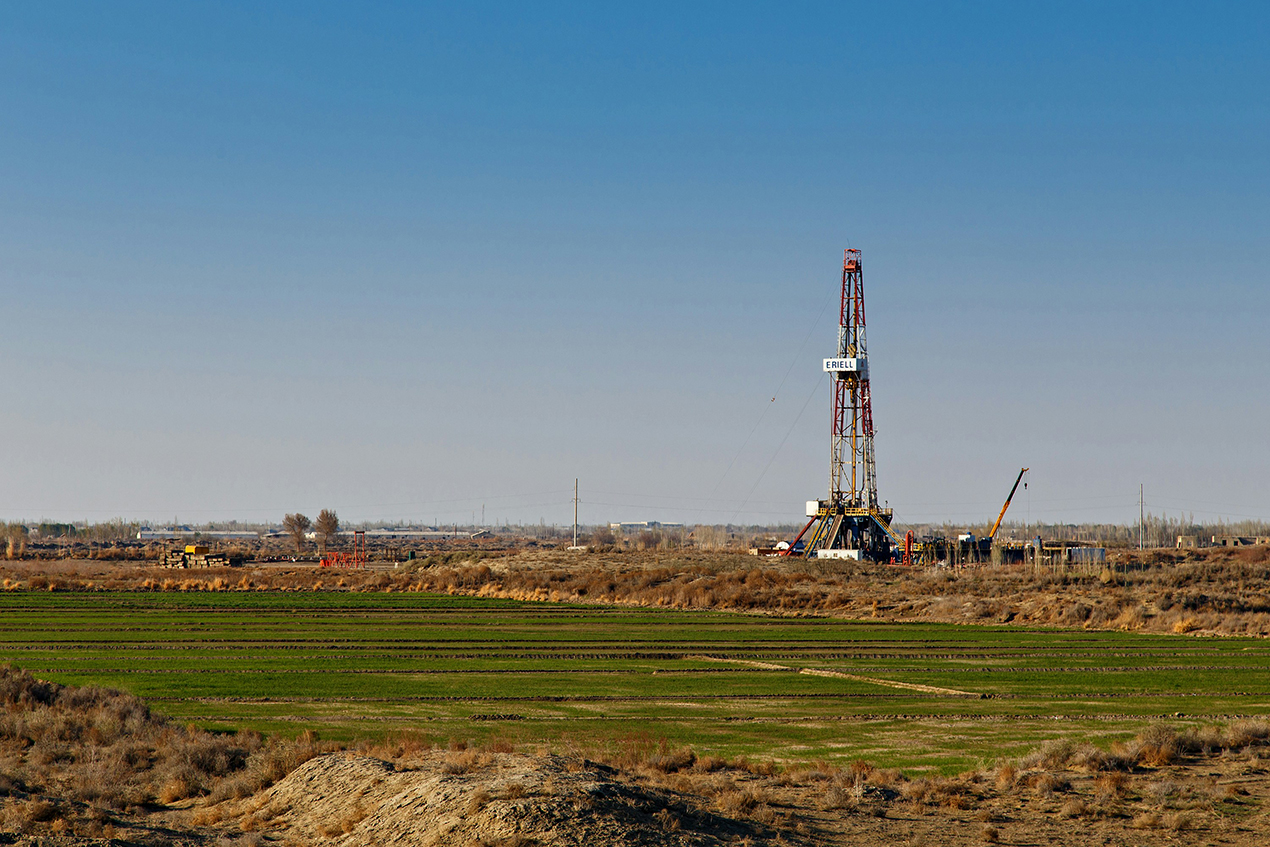News
International Oil Prices Rise 3% in Two Days
OPEC unexpectedly announced on the 14th
that it would cut production by another 500,000 barrels per day starting from
February 1 next year. This news directly caused international oil prices to
rise by nearly 3% in two trading days, returning to above US$63 per barrel.
However, relevant experts pointed out that considering that the scale of OPEC's
production cuts is small and the actual implementation remains to be seen, and
that international energy demand has not dropped significantly, OPEC's latest decision
will not change the mid- to long-term trend of oil prices. Crude oil prices
next year may be basically the same. It shows a relatively stable trend and is
unlikely to continue to rise or fall sharply.
“Going against the wind” production cuts
have drawn strong criticism
Since a production cut of 1.2 million
barrels was announced in October, and many countries and international
organizations have previously called on OPEC not to rush into action again,
OPEC's "anti-wind" production cut has also attracted strong criticism
from the international community.
Stimulated by the news of OPEC's production
cuts, international oil prices rose sharply on both the 14th and 15th, with a
cumulative increase of 2.98%, and the latest price was US$63.22.
International oil prices hit a record high
of US$78.40 in mid-July this year. They have finally fallen back in recent
months, and OPEC's renewed production cuts have naturally aroused strong
dissatisfaction among consumer countries such as the United States.
Crude oil market analysts from the U.S.
Energy Information Administration (EIA) said on the 14th that another OPEC
production cut is "unnecessary" because the growth in market demand
for crude oil next year is expected to exceed the growth in production from
non-OPEC members. EIA even pointed out that OPEC even has ample room to
increase production in 2007.
The EIA pointed out that according to their
supply and demand statistics, crude oil production by non-OPEC members will
indeed increase significantly next year, but the increase in market demand next
year will be even greater. EIA expects crude oil demand to grow at an average
rate of 1.5 million barrels per day, while non-OPEC production growth is only 1
million barrels per day.
Eagles, director of the International
Energy Agency's oil market analysis department, also said that given that the
supply of the oil market has become tight, OPEC's decision to further reduce
production is "unpopular," especially considering that the current
oil price is already high and Supply risks are also rising further, and the
peak winter heating oil season has begun.
Limited impact on crude oil supply and
price
"OPEC's decision to cut production
again just shows a direction, saying that they hope that oil prices will return
to the level that the organization hopes to reach," Tong Lixia, an
associate researcher at the China Ministry of Commerce Research Institute who
specializes in energy issues, told reporters.
Experts analyzed that OPEC’s last
production cut has not been fully implemented. The reason why it has announced
another production cut now is that it realized that the implementation of
previous production cuts was not effective.
According to preliminary expected data
released by oil tanker consulting agency Petrologistics last week, OPEC's daily
oil production in December will be roughly the same as in November. Statistics
show that the daily output of the 10 OPEC members that implement quota
restrictions was 27.3 million barrels in December, 100,000 barrels less than
the previous month, but still 1 million barrels higher than OPEC's November
production target. If OPEC fully implements its decision to cut production by
1.2 million barrels from November, the organization's current actual daily
production should be 26.3 million barrels.
Tong Lixia pointed out that the reason why
many OPEC member countries do not want to start cutting production
"starting from me" is because the current oil price level is still
higher than their expectations.
"I don't think OPEC's decision will
have a particularly big impact on the market," Tong Lixia said. "The
supply and demand of the oil market next year will not change much." She
analyzed that in terms of supply, non-OPEC countries will increase production
next year. It may exceed previous years, and in terms of demand, the U.S.
economy is not cooling as severely as expected, so energy demand will still
maintain rapid growth. However, in general, Tong Lixia believes that oil prices
will not see the skyrocketing situation of previous years next year.

RELATED NEWS
- China-France Energy Cooperation Opens a New Chapter
- The Operation of 40-year-old Nuclear Power Units will be Extended by 20 Years
- HPE China Heat Pump Exhibition
- Non-fossil Energy Accounts for More than 3/4. What has Sweden Done?
- Global Economic Commentary: Germany’s Emerging Energy Sources are Becoming Popul
